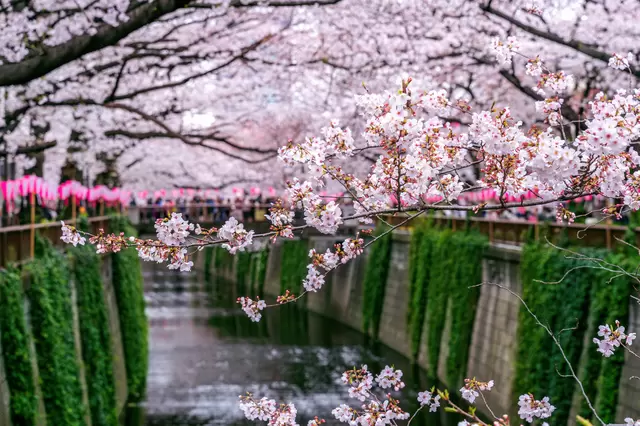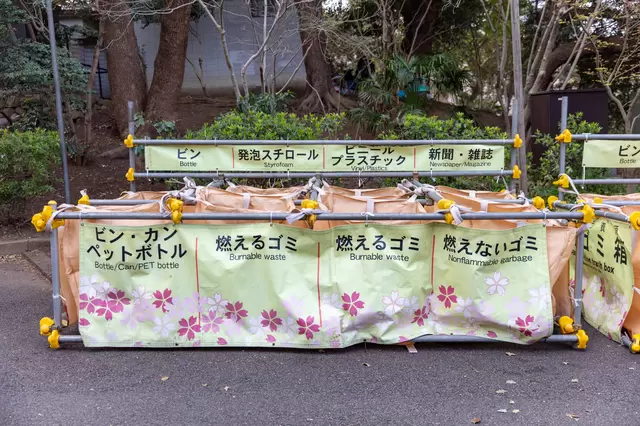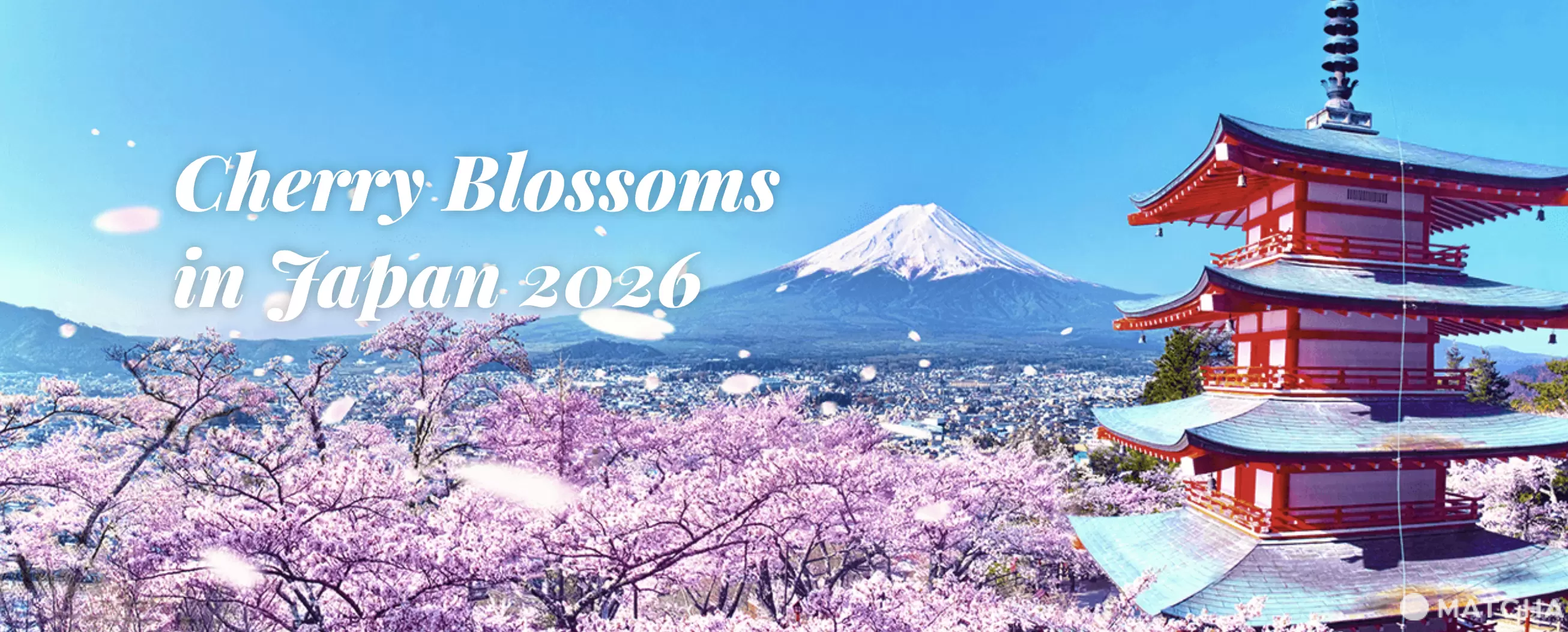Clean Up The Right Way: Dealing With Trash After A Hanami

No one wants to see plastic bags blowing around the cherry trees, or even worse, smell piles of garbage when trying to enjoy a romantic picnic! Here we explain how to be a conscientious hanami-goer, and take care of your garbage.

It’s getting warmer, the air seems lighter, and the sun seems somehow more inviting. It must be spring - which means, it’s time for cherry blossom season to start. The sight of rows upon rows of people sitting and enjoying the blossoms has existed in Japan since the Heian era.
Unfortunately, the modern day hanami or cherry blossom viewing party, has one major downside to it: trash problems happen almost every year during these events, which really take away from the beauty of the event itself.
In this article, we will be explaining how to properly clean up after your own hanami has finished, and explain some of the rules for sorting trash in Japan.
Find the Trash Bins Right Away
The majority of the popular sakura spots in Japan are located in public parks, so there are plenty of garbage and recycling facilities to accommodate the trash accumulated during hanami season. Don’t throw your litter on the ground or let it get carried off by the wind.
Garbage in Japan is sorted into several categories, the main of which are burnable (food waste, paper napkins, etc) and non-burnable (plastic labels, straws, etc) waste, and recyclable items, such as cans, glass bottles, or PET bottles. You will be expected to sort your waste accordingly, so it is a good idea to do so while still at your seat, by having plastic bags on hand to help out. Take a look at 15 Items To Make Your Hanami Great! for more items to bring to your hanami.

These are the type of refuse bins set up in Park during hanami season, and you can see that there are separate ones for burnable, non-burnable, and recyclable.
Although more minimalistic, you are still expected to help keep the park clean and looking its best for others.
Excessive Waste Must Be Taken Home for Disposal

It’s just common sense that, as the number of people in a party increases, the amount of garbage that party creates also increases. If you have enough people in a location with smaller trash facilities, the bins are going to be overflowing before long, which leads to a mess. If the bins are overflowing, don’t add to the problem. Take your trash home with you to dispose of it properly. This is a simple enough thing to do, and people will be very grateful that you did.
Check Out the Trash Rules for Each Region

Depending on where you are staying or living in Japan, the rules for trash collection will differ. The types of trash, how to sort them, what containers to put them in, all of these points need to be considered in advance.
For example, in Shinjuku ward, Tokyo, items such as papers and plastics are only collected once a week, while burnable trash is collected twice a week. In Suginami ward, there are special bags sold by the region for certain types of trash, and all garbage must be outside for collection by 7:30 in the morning.
Any dangerous items, such as broken ceramics, knives or the like, must be wrapped in thick paper (like butcher paper or old newspapers), and clearly labeled as ‘dangerous’. The majority of hotels, hostels, guesthouses, and apartments will have all relevant garbage disposal information displayed somewhere in the lobby or available at the desk, so make sure to check this information out. If you are still not certain, you can also search for that particular ward’s information online as well.

Cherry trees only bloom for a very brief time, and to have that sight ruined by piles of stinking garbage is almost heart-breaking. Be a considerate hanami-goer and make sure to dispose of your trash the right way. Let’s keep these stunning parks and gardens in perfect, picturesque condition!
All pictures from PIXTA
旅行と写真が好き。 バックパッカーの旅を通して、日本の素晴らしさを再確認。 もっと多くの人に日本の文化や美しさを知ってもらうために、日本の魅力を発信中。

































![[Niigata] Skiing and snowboarding are just not enough! Fun snow spots for parents and children](https://resources.matcha-jp.com/resize/720x2000/2026/01/29-256901.webp)


![[Gunma, Nakanojo] Experience Japanese history in a wooden school building from the Meiji era](https://resources.matcha-jp.com/resize/720x2000/2025/12/25-254022.webp)
